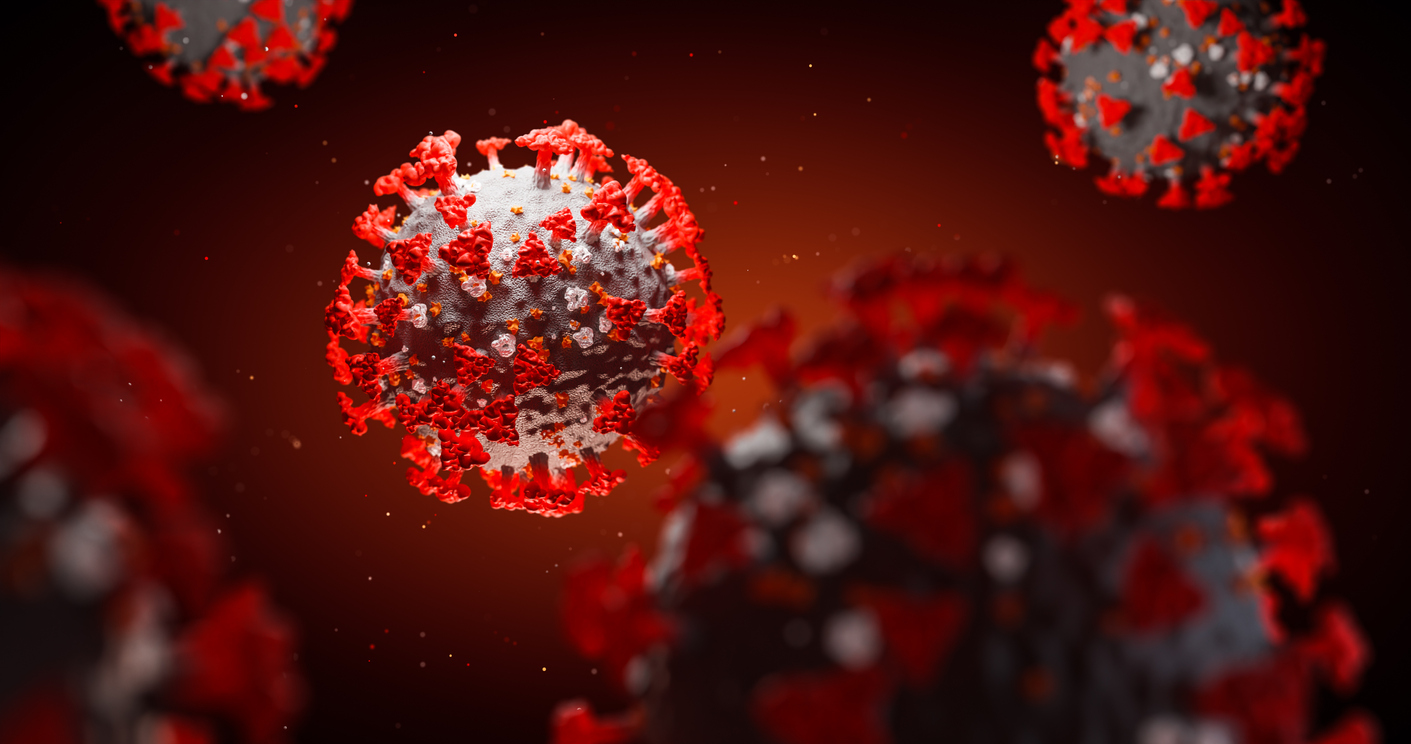
B.1.617 – virus that shall not be named: Govt flags Indian tag
To delink the rapidly spreading B.1.617 variant from India, the government on May 21 issued a strongly worded advisory to all “social media platforms” demanding that they stop identifying the B.1.617 variant of the coronavirus as an “Indian variant”.

To delink the rapidly spreading B.1.617 variant from India, the government on May 21 issued a strongly worded advisory to all “social media platforms” demanding that they stop identifying the B.1.617 variant of the coronavirus as an “Indian variant”.
This directive has been issued by the Ministry of Electronics and IT (MEITY) to avoid the “false” impression being circulated online that an Indian variant is spreading across countries.
“This is completely FALSE,” said the advisory, which added that no such scientifically valid variant of COVID-19 exists. And, neither has the World Health Organisation (WHO) appended the term ‘Indian variant’ with the B.1.617 variant of the coronavirus in any of its reports.
Also read: WHO has not labelled B.1.617 as ‘Indian variant’, asserts Centre
This is not the first time the government has brought up this issue. On May 12, the Union health ministry had issued a press release clarifying that media reports while covering news of WHO classifying B.1.617 as a variant of global concern, had called it an ‘Indian variant’ without any basis and it was unfounded.
However, the language used by the government in this present advisory has been forceful, said The Wire. It demands that social media platforms “remove all the content that names, refers to, or implies ‘Indian variant’ of corona virus … immediately”. Though, it does not threaten any action, the advisory has been signed by the ‘Group Coordinator (Cyber Laws and E-Security)’ and mentions earlier advisories “regarding curbing of false news / misinformation concerning coronavirus on social media platforms”. There is no deadline been given for compliance however.
The Wire reports that India is being extremely prickly over the “casual if technically mistaken use of a geographical marker to describe the coronavirus variants”. The report points out that the UK and South African governments have not objected to variants first reported from their countries as the UK variant or the South Africa variant. And added that the Indian health ministry also seemed to had no qualms about identifying the B.1.1.7 variant as “the UK variant” in its press briefings
Also read: Why Indian variant of COVID-19 is now a threat to global health
The MEITY advisory has also come ironically in the backdrop of Delhi Chief Minister Arvind Kejriwal’s claim that coronavirus had taken a “new form” in Singapore and had appealed to the central government to stop all air services with Singapore. This suggestion prompted an irate Singapore government to hotly protest against this statement, which implied a Singapore strain. Besides making a formal complaint, the Singapore government pointed out that many of the COVID-19 cases detected in Singapore in recent weeks has been the B.1.617.2 variant, which originated from India.
The B.1.617 variant is one of the world’s major variants of concern. The others are B.1.1.7 (originally reported from the UK), B.1.351 (South Africa) and P.1 (Brazil), which are referred to as the UK variant, South African variant and Brazil variant respectively. B.1.617 has spread to more than 50 countries on all continents except Antarctica. It is also becoming the more common variant circulating in many parts of India.
At one level, the Indian government may be acting prudently by raising this issue since the use of such terms have been discouraged by scientists and journalists around the world. They fear that linking a coronavirus variant to a country may trigger hate rhetoric against its citizens.
Also read: South Indian variant of COVID 15 times more lethal, highly infectious: Scientists
Largely, there’s increasing concern about this turning into hate speech particularly directed at Asians and people of Asian descent. The Human Rights Watch had in fact red flagged “derogatory language” in media reports or poor choice of words by leaders like former US President Donald Trump on social media since the start of this pandemic. Trump had termed the coronavirus as a “Chinese virus” and Secretary of State Mike Pompeo had called it a ‘Wuhan virus’. But the media continues to freely use these terms.
However, it has been customary for virus names and diseases to be named after geographical places where they were reported first such as the West Nile virus or Ebola and in the process linked to stigmatisation and racial discrimination.
Meanwhile, the WHO’s director-general has directed its secretariat to create “standardised definitions and nomenclature” of SARS-CoV-2 virus variants, and to base them on their genetic sequence. This will help to avoids stigmatisation and it will be geographically and politically neutral.
WHO chief scientist Soumya Swaminathan too told the media last week that a new naming system is on the cards. And that it will be named just as the way tropical hurricanes and storms are done.

